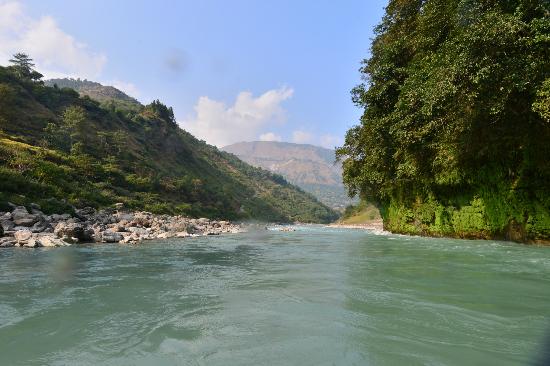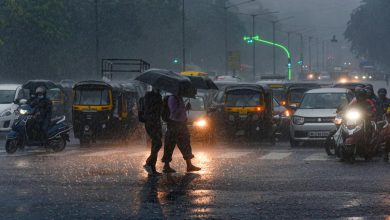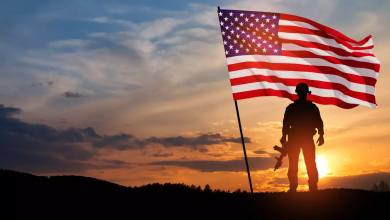Gandaki River

Embark on a cultural odyssey as we delve into the depths of the Gandaki River’s cultural importance. This extensive exploration aims to unravel the historical, religious, and social threads that weave together to form the vibrant tapestry of cultural significance along the banks of the Gandaki.
Introduction
The Gandaki River, flowing gracefully through the heart of Nepal, is not merely a geographical feature but a living testament to the rich cultural heritage of the region. It is one of the largest rivers in Nepal and a left-bank tributary of the Ganges in India. In this comprehensive guide, we uncover the myriad reasons why the Gandaki holds a sacred place in the cultural fabric of Nepal.
Mythical Echoes – The River in Hinduism and Buddhism
Symbolism in Hinduism: The Sacred Waters
Explore the deep-rooted symbolism of the Gandaki River in Hinduism. From its mythical origins to its significance in religious rituals, understand the river’s role in shaping the spiritual landscape.
Buddhist Connection: A River of Enlightenment
Uncover the Buddhist narratives associated with the Gandaki. Journey through the sacred sites along the river linked to the life of Buddha, reflecting the profound impact on Buddhist philosophy.
Historical Legacy – Cities and Civilizations Along the Banks
Palpable Heritage: Ancient Cities on the Gandaki
Discover the ancient cities that flourished along the Gandaki. From the medieval marvel of Palpa to the cultural richness of Tansen, trace the historical legacy imprinted on the riverbanks.
Gandaki Civilization: Unearthed Archeological Wonders
Delve into the remnants of the Gandaki Civilization, a historical marvel that once thrived along the river. Explore the archeological wonders that offer insights into the ancient way of life.

Pilgrimage Points – Sacred Sites and Rituals
Muktinath: The Abode of Liberation
Embark on a spiritual journey to Muktinath, a revered pilgrimage site along the Gandaki. Uncover the rituals and traditions associated with this sacred destination.
Devghat: Confluence of Spirituality
Explore Devghat, the convergence point of the Gandaki and Trishuli rivers. Understand the religious significance of this site and the rituals performed by pilgrims.
Cultural Festivals – Celebrating the River’s Bounty
Maghe Sankranti: Honoring the Sun God
Participate in the vibrant Maghe Sankranti festival celebrated along the Gandaki. Learn about the cultural rituals and festivities that mark this auspicious occasion.
Dashain Festival: A Cultural Extravaganza
Immerse yourself in the grandeur of the Dashain festival, celebrated with fervor along the Gandaki. Experience the cultural richness and traditions of this significant Nepali festival.
Art and Craft Along the Gandaki – Local Expressions
Gandaki’s Artistic Legacy: Thangka Paintings and Sculptures
Explore the artistic expressions found along the Gandaki, including the intricate Thangka paintings and sculptures that reflect the region’s cultural heritage.
Conclusion: A Living Heritage
In conclusion, the cultural importance of the Gandaki River extends far beyond its physical presence. It is a living heritage, a source of inspiration, and a symbol of spiritual and historical richness that continues to shape the cultural identity of Nepal.
Know More about Gandaki River.
What are The Religious Places of Gandaki River?
When Did The Gandaki River Basin Become a Focus?
Where is The Gandaki River Located?
Who Were The Key Historical Figures and Civilizations of The Gandaki River?
How to Reach Gandaki River?




